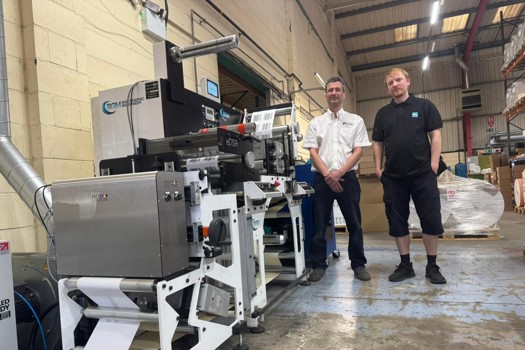EcoPrint London is funded by money from the European Regional Development Fund and is led by a Steering Group of London printers and stakeholders.
The scheme has been set up to help printers with fewer than 250 employees and a turnover below £50m gain access to credible green credentials.
John Pulford, chairman of EcoPrint London Steering Group, said the industry has had a poor reputation in the environmental field, despite the numerous steps it has taken to demonstrate the opposite.
He added that it is difficult for many smaller companies to demonstrate they have taken the environment seriously, and EcoPrint London will provide fully funded help to enable companies to demonstrate they are Carbon Smart.
"This will help them to reap the benefits of taking environmental action", he said.
Richard Gray, commercial director of the BPIF and director of the project, added: "Printers in London particularly need this project. It is the smaller companies that find it difficult to find the time and the money to implement environmental certification schemes."
Gray added that the simplicity of the process is already evident, and the project's aim is to get 150 companies through an environmental certification over the two-year life of the scheme.
"The commercial advantage needs to be obvious for the printer to sign up. The second challenge is to make it straight forward."
Michael Moradian, of Colindale-based Print Express, has enrolled to EcoPrint London and started the process to get the Carbon Smart award.
He said: "It is elegantly simple. We're a small printer with just two members of staff, but we are finding the whole process easy to administer, and that's the real value."
The process involves a half day visit from one of the Carbon Smart consultants to measure the company's carbon footprint, and identify energy and resource inefficiencies.
Participants are then invited to a training workshop, and they are then provided with their own environmental policy and action plan.







